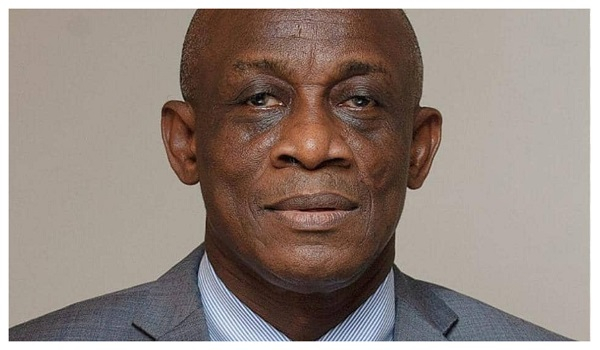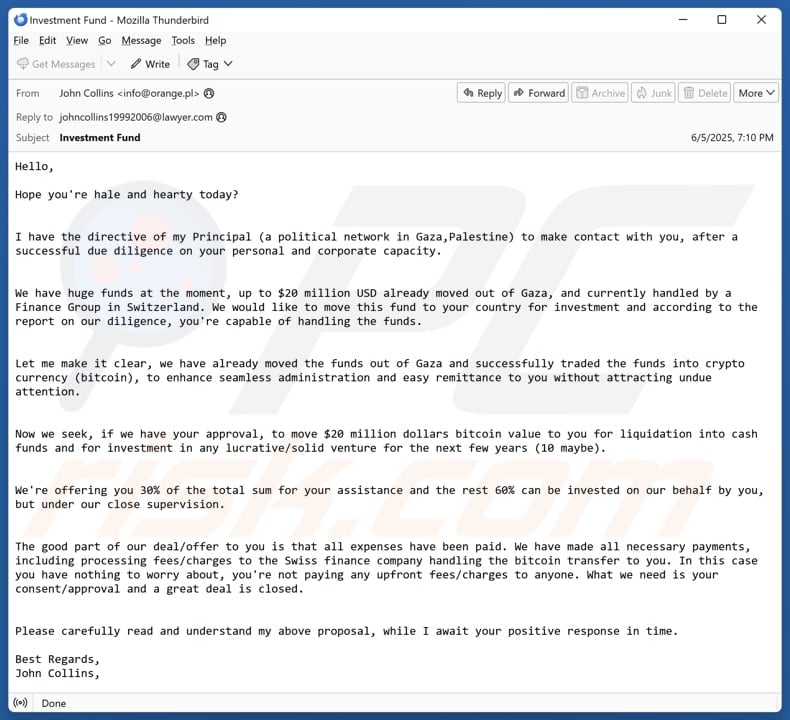
The U.S. and Israeli-backed Gaza Humanitarian Foundation says it’s delivering aid safely in Gaza, but NGOs argue the effort is too limited, blocks more experienced groups, and reduces pressure on Israel to allow wider access and forces civilians to take dangerous risks. With famine deepening,
The G7 is cutting aid, and a new strategy for traditional medicine.
+ Devex is hosting a Road to Sevilla series in the lead-up to FfD4. Check out our upcoming events: we’ll have a discussion with the CEO of Allied Climate Partners, Ahmed Saeed, who will explore what’s really blocking climate investment at scale. There’s still time to register. And , hear from four CEOs who have navigated major mergers and acquisitions, as they reveal the calculus behind consolidation in today’s market. Save your spot now.
If you’re heading to Sevilla, Spain, for FfD4, — an exclusive gathering space for conference delegates. Want in? Request an invite.
The Gaza Humanitarian Foundation says it has distributed 16 million meals “without incident.” But humanitarian groups say the model falls far short of what’s needed and delivering medicine, psychological support, clean water, and therapeutic food for undernourished kids.
“GHF doesn’t address the scale and the scope of the needs,” says James Hoobler, a humanitarian policy adviser. “It doesn’t do shelter. It doesn’t do water. It doesn’t do sanitation. It doesn’t do health care. ... It doesn’t do fuel.” With only a few distribution hubs, mostly in southern Gaza,
“It’s also clear that people with disabilities or the elderly or the very young are also just not able to get to these sites,” says Joe Belliveau of MedGlobal. People are walking long distances through conflict zones, only to arrive at . Some leave empty-handed.
Critics also argue that GHF’s presence is my colleague Jesse Chase-Lubitz writes. “It masks the fact that they continue to almost completely blockade aid coming into Gaza,” Belliveau says. Meanwhile, aid trucks from NGOs face looting as they wait to get through multiple checkpoints.
GHF has stated its openness to working with other organizations, but Several groups publicly denied involvement after being listed as partners in GHF documents, and the foundation’s top two leaders resigned in May, saying it was “not possible” to proceed while “strictly adhering to humanitarian principles.”
“We’re seeing that everything we feared is coming to pass,” says one aid worker.
“This is being held up as the solution, and that is blocking organizations like ourselves from being able to function,” Belliveau adds. “That is where the tragedy is here.”
NGOs say that new Gaza aid model is undermining lifesaving work
Gaza aid plan under fire as NGOs deny involvement
This weekend, leaders from the Group of Seven leading economies — Canada, France, Germany, Italy, Japan, the United Kingdom, and the United States — will flock to Kananaskis, Canada, for the G7 Leaders’ Summit.
In a press briefing released last week, the office of Canada’s prime minister said that as “global challenges intensify, the G7 must meet this moment with purpose and force” — but according to a new Oxfam analysis, it seems like foreign aid is no longer seen as a tool to do so. compared to 2024, a drop of $44 billion collectively.
“Rather than breaking from the Trump administration’s cruel dismantling of USAID and other US foreign assistance, G7 countries like the UK, Germany, and France are instead following the same path, slashing aid with brutal measures that will cost millions of lives,” said Amitabh Behar, executive director at Oxfam International, in a statement.
the analysis finds. Those decreases are driven primarily by the U.S., which is projected to slash its aid by $33 billion in 2026. The United Kingdom’s aid is also expected to drop by $5 billion, while Germany’s will decrease by $3.5 billion, and France’s will be cut by $3 billion, my colleague Elissa Miolene tells me.
“. The problem is that it is in the hands of the super-rich instead of the public. Rather than fairly taxing billionaires to feed the hungry, we see billionaires joining government to slash aid to the poorest in order to fund tax cuts for themselves,” Behar wrote.
For the 100th episode of our weekly podcast, Elissa joins Devex’s David Ainsworth and Raj Kumar to revisit some of the most impactful global development stories from the past two years, including the increasing burden of debt in low-income countries and the critical need for climate finance.
It’s getting harder for civil society organizations to do their job in Brussels. A growing wave of criticism — mostly from right-leaning EU lawmakers — is Development and environmental groups tell Devex contributor Jessica Abrahams this scrutiny is not just political theater. It’s affecting their contracts, their access to policymakers, and ultimately, their ability to push for change on issues such as climate, global health, and aid.
At the heart of the fight is the question: Some politicians, particularly from the European People’s Party, argue that it threatens the separation of powers. NGOs fiercely dispute these claims. They insist that their policy positions are independent and that their ability to advocate for causes at EU institutions is an essential part of the democratic process.
The tension has already led to some contracts being revised — While the changes have so far mostly targeted environmental and health NGOs, at least one development group has had its agreement altered, and others are bracing for what may come. The has also left many NGOs unsure about what’s allowed, distracting them from their work and making it harder for them to meet officials to advocate for causes.
Is the political environment in Brussels the worst ever for NGOs? (Pro)
+ Curious about the insights that drive global development? Experience the power of Devex Pro with a 15-day free trial. Explore expert analyses, unlock hidden funding opportunities, connect with key players at exclusive events, and access a wealth of knowledge you won't find anywhere else.
WHO member states have adopted a global strategy to integrate traditional, complementary, and integrative medicine, or TCIM, into mainstream health systems.
The final text supports “personalized care” but also “consistently refutes any claims that are not supported by scientific evidence.” That middle ground wasn’t easy. “I think we did find acceptable language so that a compromise is found,” says WHO’s Rudi Eggers.
But some worry Medicus Mundi International, a health cooperation and advocacy network, warns it “falls short by privileging Western scientific paradigms over indigenous epistemologies.”
“Evidence of efficacy, the placebo-controlled trials, they are very costly,” says Ferdinand Breedveld, president of the Federation of European Academies of Medicine. India is investing big — $85 million for a global center. The country could “serve as a role model” for the world, says Bhushan Patwardhan, former co-chair of the WHO Expert Group for the Global Centre for Traditional Medicine.
The Indian company Patanjali Ayurved was temporarily banned from advertising due to misleading claims, specifically one stating it could cure cancer. Still, Eggers says, it’s time. “I think it’s appropriate that the WHO gets much more involved in this.”
WHO adopts new global strategy on traditional medicine
Ahead of the 30th U.N. climate change summit it will host, , despite opposition from environmental and Indigenous groups. [The Guardian]
Nicaragua announced Thursday it will be . [Reuters]
The U.N. General Assembly on Thursday overwhelmingly . [Xinhua]
at the biggest stories in global development.








